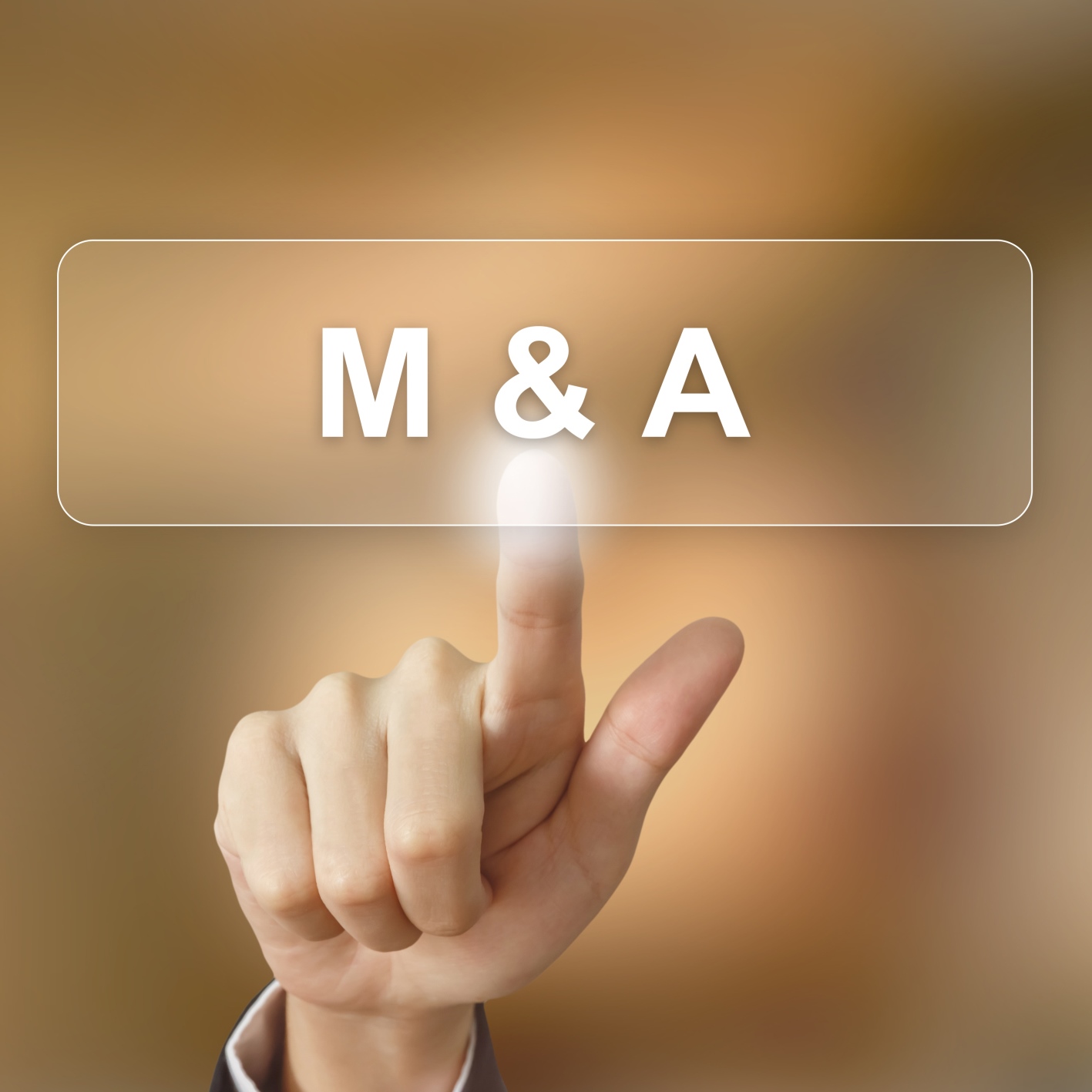Industrials
Why Staples and GE May Matter in a Merger of Honeywell and United Tech

Published:
Last Updated:

Big mergers make for big business. The larger the deal, the larger the opportunity. That also is followed by the highest stakes regarding regulatory concerns. So what are investors and consumers expected to think when they hear that United Technologies Corp. (NYSE: UTX) and Honeywell International Inc. (NYSE: HON) may be in (or held) merger talks?
Talks were reportedly initiated by United Tech, according to CNBC’s David Faber. While there are other operations to consider, the reality is that this would make for yet another aerospace giant that could come with the creation of a company with over $90 billion in annual sales.
24/7 Wall St. has no interest in simply carrying out a rebroadcast of this market rumor. What matters here is the regulatory angle. When you ask whether regulators would approve such a deal, there is the past consideration of General Electric Co. (NYSE: GE) wanting to acquire Honeywell. This was not blocked by U.S. regulators, but the GE-Honeywell merger was blocked by European Union regulatory powers.
Then there is the case of Staples Inc. (NASDAQ: SPLS). This $6 billion company by market cap is trying to win approval for the acquisition of Office Depot Inc. (NASDAQ: ODP). U.S. regulators are currently against this merger, and the value of Office Depot, even after its acquisition of OfficeMax, is just $2.9 billion. European regulators have granted what appears to be approval, but Staples has agreed to sell off certain operations. Staples also has offered concessions here in the United States. This deal remains under legal challenge by the U.S. regulators.
Faber noted that discussions may have started as long as a year ago. At that point, it was not known that the Staples-Office Depot merger would be blocked.
What is interesting now is that Honeywell shares have outperformed United Tech. Honeywell is now worth $82 billion in market cap and United Technologies is worth $78 billion, but United Tech’s value is after a gain of more than 5% after Faber broke the news.
Regulators do not necessarily just judge a merger based on size alone. They look toward the combined power on competition within the business space(s) they operate in. Needless to say, having close to $100 billion in annual sales on a combined basis would be enough to raise eyebrows at the regulatory level.
Mergers used to simply be rubber-stamped for approval. The GE/Honeywell deal was a massive disappointment in the world of M&A, and that was back in 2001. It might seem silly to think that a merger blockage 15 years ago would matter today, but you have to consider that the revenue base would be greater now, and we are in a more difficult regulatory climate toward approving mergers.
It needs to at least be considered that United Tech was trumped by GE in the effort to acquire Honeywell way back when. Honeywell revenue was $25 billion or so then, and it is closer to $40 billion now. United Tech’s revenue in 2015 was $56 billion. In November 2015, Lockheed Martin completed a $9 billion acquisition of Sikorsky from United Tech.
If the United States wants to block a big merger, this seems like it might be an issue. Whether European regulators would care remains to be seen, but we cannot ignore, even if they were under different leadership then, that the Europeans did ultimately block a GE-Honeywell merger. And now we have to keep in mind that U.S. regulators are now formally against the Staples and Office Depot deal.
Shares of United Technologies were last seen up 6% at $93.48, and Honeywell shares were down 1.4% at $105.77. Stay tuned.
Retirement planning doesn’t have to feel overwhelming. The key is finding professional guidance—and we’ve made it easier than ever for you to connect with the right financial advisor for your unique needs.
Here’s how it works:
1️ Answer a Few Simple Questions
Tell us a bit about your goals and preferences—it only takes a few minutes!
2️ Get Your Top Advisor Matches
This tool matches you with qualified advisors who specialize in helping people like you achieve financial success.
3️ Choose Your Best Fit
Review their profiles, schedule an introductory meeting, and select the advisor who feels right for you.
Why wait? Start building the retirement you’ve always dreamed of. Click here to get started today!
Thank you for reading! Have some feedback for us?
Contact the 24/7 Wall St. editorial team.